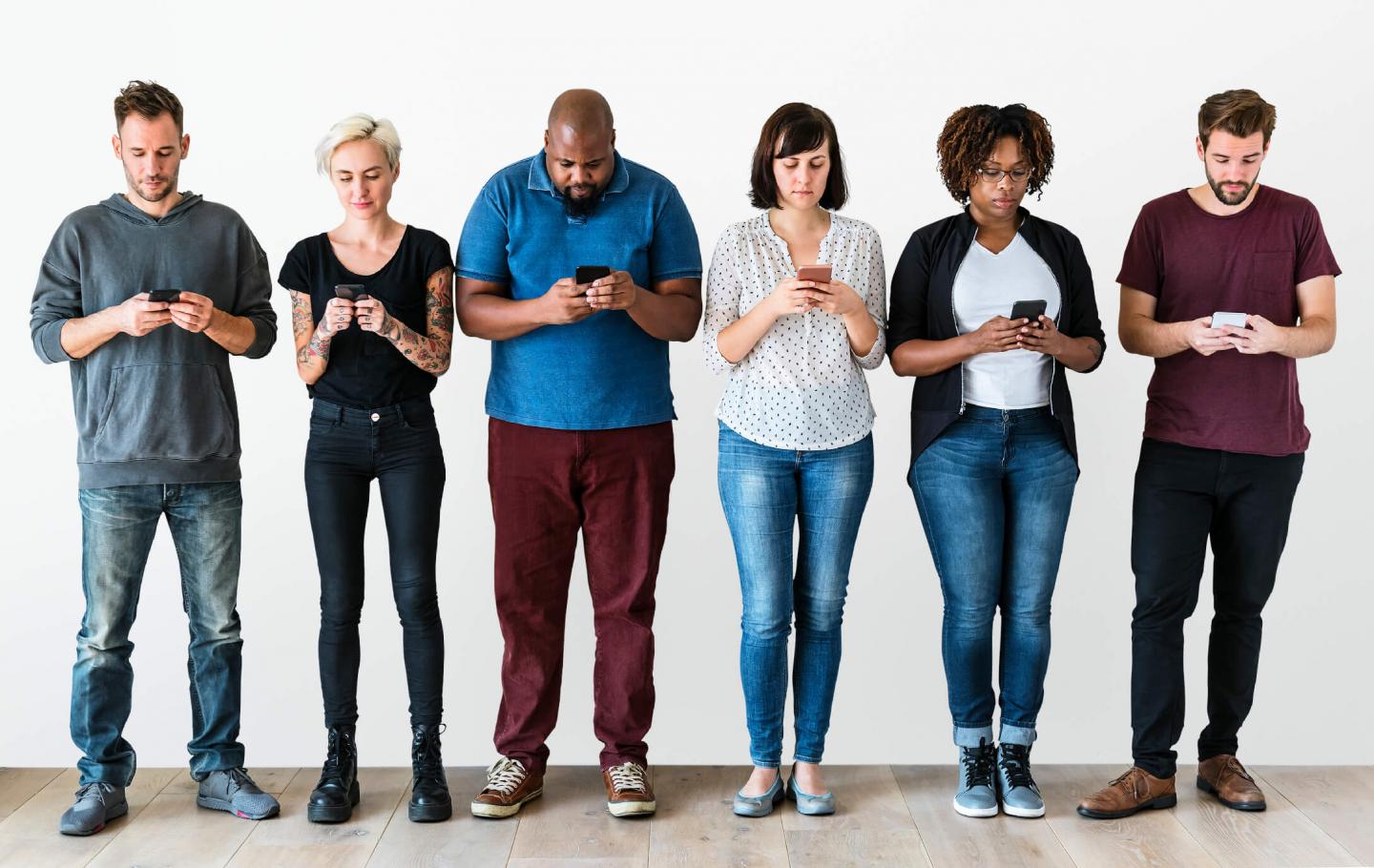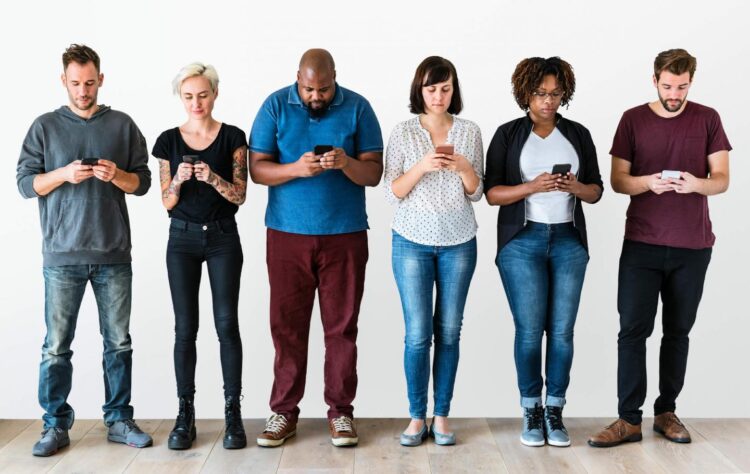
Credit: Lancaster University
General smartphone usage is a poor predictor of anxiety, depression or stress say researchers, who advise caution when it comes to digital detoxes.
The study published in Technology, Mind, and Behavior was led by Heather Shaw and Kristoffer Geyer from Lancaster University with Dr David Ellis and Dr Brittany Davidson from the University of Bath and Dr Fenja Ziegler and Alice Smith from the University of Lincoln.
They measured the time spent on smartphones by 199 iPhone users and 46 Android users for one week. Participants were also asked about their mental and physical health, completing clinical scales that measure anxiety and depression symptoms. They also completed a scale which measured how problematic they perceived their smartphone usage to be.
Surprisingly, the amount of time spent on the smartphone was not related to poor mental health.
Lead author Heather Shaw of Lancaster University’s Department of Psychology said: “A person’s daily smartphone pickups or screen time did not predict anxiety, depression, or stress symptoms. Additionally, those who exceeded clinical ‘cut off points’ for both general anxiety and major depressive disorder did not use their phone more than those who scored below this threshold.”
Instead, the study found that mental health was associated with concerns and worries felt by participants about their own smartphone usage.
This was measured through their scores on a problematic usage scale where they were asked to rate statements such as “Using my smartphone longer than I had intended”, and “Having tried time and again to shorten my smartphone use time but failing all the time”.
Heather Shaw said: “It is important to consider actual device use separately from people’s concerns and worries about technology. This is because the former doesn’t show noteworthy relationships with mental health, whereby the latter does.”
Previous studies have focussed on the potentially detrimental impact of ‘screen time’, but the study shows that people’s attitudes or worries are likely to drive these findings.
Dr David Ellis, from the University of Bath’s School of Management, said: “Mobile technologies have become even more essential for work and day-to-day life during the COVID-19 pandemic. Our results add to a growing body of research that suggests reducing general screen time will not make people happier. Instead of pushing the benefits of digital detox, our research suggests people would benefit from measures to address the worries and fears that have grown up around time spent using phones.”
###
Media Contact
Gillian Whitworth
[email protected]





